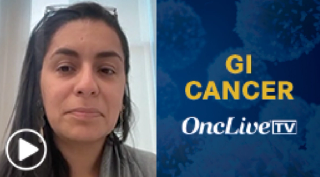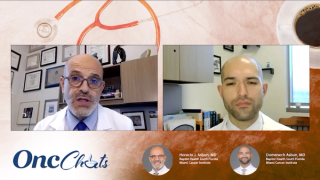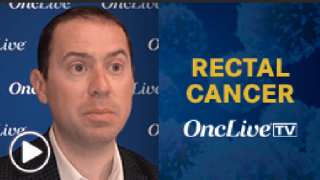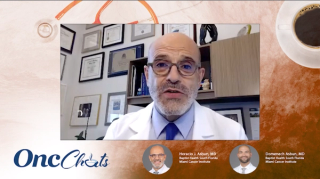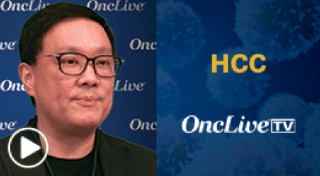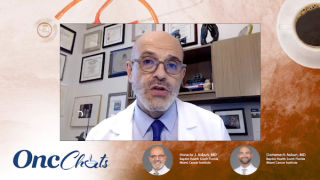
Gastrointestinal Cancer
Latest News


ENB-003 Plus Pembrolizumab Elicits Safety, Activity in Ovarian Cancer and Other Advanced, Refractory Solid Tumors
Latest Videos

CME Content
More News

The FDA has accepted for review a new drug application seeking the approval of rivoceranib in combination with camrelizumab as a first-line treatment option for patients with unresectable hepatocellular carcinoma.

As more is understood about the biology of PDAC tumors, targeting common KRAS variants in these tumors following exhaustion of all curative intent surgery, chemotherapy, and radiation ushers in a novel postadjuvant setting for investigators.

Treatment with trastuzumab deruxtecan resulted in clinically meaningful efficacy in patients with HER2-positive gastric or gastroesophageal junction cancer following disease progression on or after a trastuzumab-containing regimen.

The FDA has granted a priority review to the biologics license application seeking the approval of zolbetuximab for the first-line treatment of patients with unresectable, locally advanced or metastatic, HER2-negative, gastric or gastroesophageal junction adenocarcinoma whose tumors are Claudin18.2 positive.

The FDA has granted orphan drug designation to padeliporfin vascular targeted photodynamic therapy for use as a potential therapeutic option in patients with locally advanced pancreatic cancer.

Lower rates of diarrhea and overall bowel dysfunction were reported with the use of neoadjuvant fluorouracil and oxaliplatin vs neoadjuvant pelvic chemoradiation with fluorouracil (5FCURT) in patients with locally advanced rectal cancer. However, lower rates of other toxicities were reported in patients treated with 5FCURT.

The FDA has granted breakthrough therapy designation to zenocutuzumab for use as a potential therapeutic option in patients with advanced unresectable or metastatic NRG1 fusion–positive pancreatic cancer after disease progression on previous systemic therapy or who have no satisfactory alternative options available.

Durvalumab plus a single priming dose of tremelimumab led to continued clinically meaningful overall survival benefit at 4 years compared with sorafenib in patients with previously untreated, unresectable hepatocellular carcinoma not eligible for localized therapy.
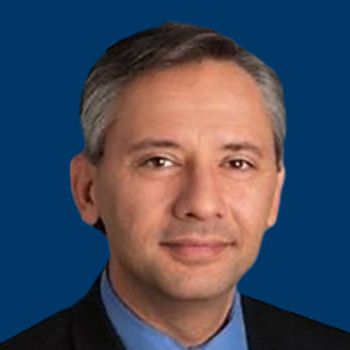
Treatment with intra-arterial gemcitabine led to an improvement in overall survival compared with continued treatment with intravenous gemcitabine plus nab-paclitaxel in patients with locally advanced pancreatic cancer following sequential treatment with IV gemcitabine, nab-paclitaxel, and radiotherapy.
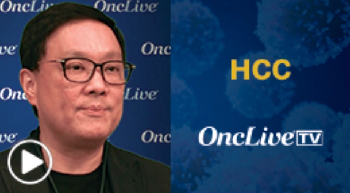
George Lau, MD, FRCP, FAASLD, discusses the association between immune-related adverse effects and overall survival for patients with unresectable hepatocellular carcinoma enrolled on the phase 3 HIMALAYA trial.
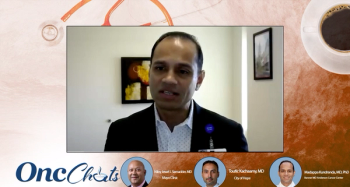
In this third episode of OncChats: Examining the Promise of Multicancer Early Detection Tests, Toufic A. Kachaamy, MD, Madappa Kundranda, MD, PhD, and Niloy Jewel J. Samadder, MD, underscore the need for a multidisciplinary clinic to appropriately interpret multicancer early detection test results.

The FDA has granted an orphan drug designation to VCN-01, a systemic, selective, stroma-degrading oncolytic adenovirus for the treatment of patients with pancreatic cancer.
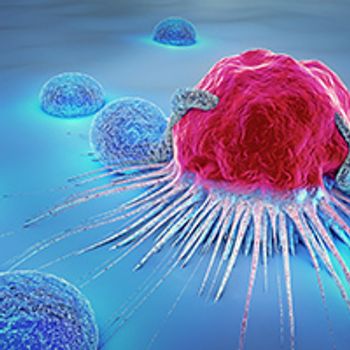
Frontline treatment with the combination of the CD40-directed monoclonal antibody agonist mitazalimab and modified FOLFIRINOX continued to produce responses in patients with metastatic pancreatic ductal adenocarcinoma.
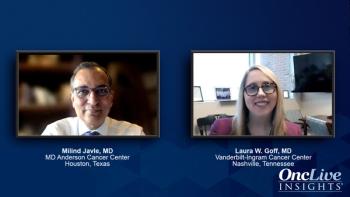
Centering discussion on data from TOPAZ-1, Milind Javle, MD, and Laura Goff, MD, reflect on the value of chemoimmunotherapy combinations in biliary tract cancer management.

Drs Javle and Goff review standard of care treatment strategies for the management of biliary tract cancer and discuss recent NCCN guideline updates for the combination of durvalumab + cisplatin + gemcitabine.
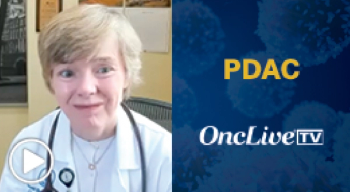
Eileen M. O'Reilly, MD, discusses survival outcomes from the phase 3 NAPOLI 3 trial in patients with metastatic pancreatic ductal adenocarcinoma.

Mitesh Borad, MD, key findings from the phase 1/2 ReFocus trial in FGFR2-altered cholangiocarcinoma.
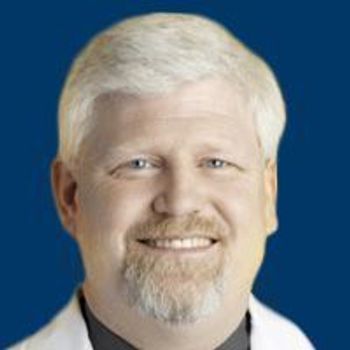
Neoadjuvant treatment with pembrolizumab plus chemotherapy, followed by adjuvant pembrolizumab plus chemotherapy, then pembrolizumab monotherapy, led to a statistically significant improvement in pathological complete response rates vs neoadjuvant chemotherapy alone in patients with locally advanced, resectable gastric and gastroesophageal junction adenocarcinoma.

Tanios S. Bekaii-Saab, MD, highlights the unmet needs in GI malignancies and discusses how interdisciplinary meetings, such as the 20th Annual Meeting of the International Society of Gastrointestinal Oncology, provide the framework for disseminating information and driving innovative advances.

Shared insight on the role of molecular testing in the diagnosis of biliary tract cancers and how it may inform the selection of optimal therapy.

Expert oncologists Milind Javle, MD, and Laura Goff, MD, reflect on the subsets of biliary tract cancers and consider best practices in making an accurate diagnosis.

The addition of pembrolizumab to trastuzumab and chemotherapy improved progression-free survival over trastuzumab and chemotherapy alone when used as a frontline regimen in patients with HER2-positive advanced gastric or gastroesophageal junction adenocarcinoma.

First-line treatment with toripalimab in combination with gemcitabine and cisplatin resulted in a statistically significant and clinically meaningful improvement in overall survival and progression-free survival vs placebo plus chemotherapy in patients with recurrent or metastatic nasopharyngeal carcinoma.

China’s National Medical Products Administration has granted a breakthrough therapy designation to infigratinib for the treatment of patients with gastric cancer.

The FDA has accepted a supplemental new drug application seeking approval of the NALIRIFOX regimen comprised of irinotecan liposome injection plus 5-fluorouracil, leucovorin, and oxaliplatin as a first-line treatment for patients with metastatic pancreatic ductal adenocarcinoma.






